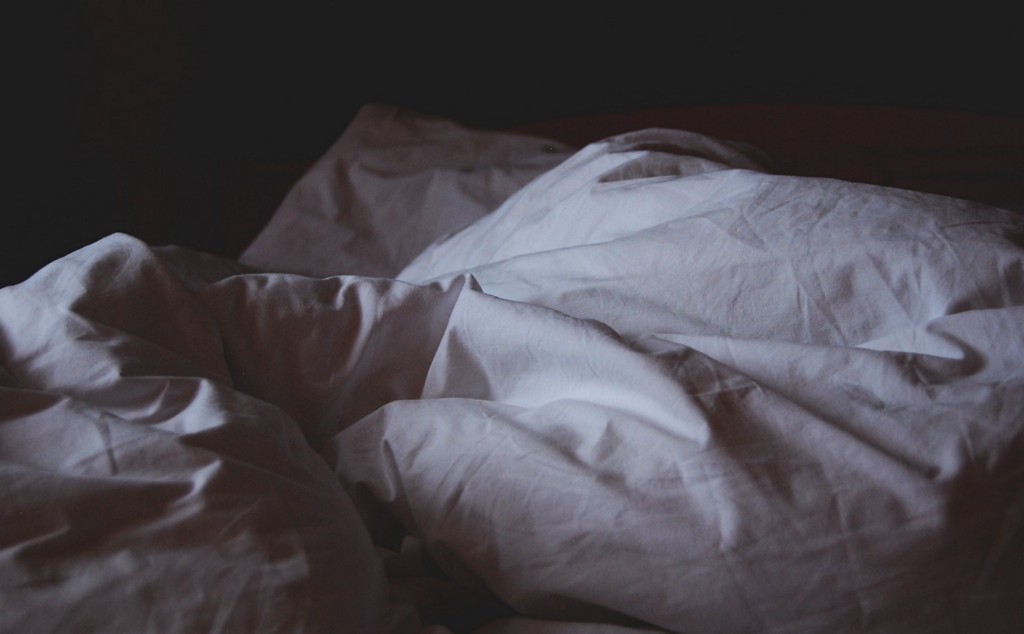My Last $100: Wasting Money to Save Money
What’s that quote about never cheaping out on shoes or beds?

My last $100 paid for part of my new mattress base. I needed a base because my current base is a terrible Frankenmonster of second-hand and DIY. It creaks so loudly that if I roll over during the night I’ll wake up, startled and certain that there is an intruder in the room. It squeaks so suddenly that once, when my 75-pound greyhound tried to sneak onto it, he panicked in the darkness and ran into my closed bedroom door. (No one is having a good time in this bed.)
In 2016, in the immediate aftermath of a breakup, I moved back in with my mother. Overwhelmed by life and the sheer volume of stuff that was left in our house after my boyfriend moved out, I panicked and got rid of my belongings. This included an almost-new couch I sold on Gumtree, the “Australian Craigslist,” for too little money; and the mattress and bed base that I gave to friends who keep breaking theirs. (I suspect the friends are having a good time in their bed.)
My mother warned me that I would sell things in haste and repent at leisure. She was right.
This story would shed me in a better light if it was the first time I had disposed of everything only to turn around, realize I’ve made a terrible mistake, and re-purchase everything. It is not. In 2013, I decided I was going to move interstate. I sold everything just in time to be offered a great job in my home city, which I accepted. Then I had to re-buy all of the furniture I had just sold—though I would have had to buy it all anyway if I had moved.
But back to 2016. I spent most of that year living at home with my mother, sleeping in my teenage bedroom and enjoying her fully-furnished house. However, there is only so long 27-year-old me can live at home before losing all conviction that I am a grown-up. At the beginning of 2017, I found myself moving into a share house again. I didn’t have a bed.
After much lecturing by my mother about short-term thinking and fiscal responsibility—and already feeling stupid for getting rid of things I needed, again—I decided to go for the cheapest bed possible. It had to be second-hand, fit in my car, and not involve fabric that other people had slept on. I decided to embrace the floor-bed and located a timber, tri-fold futon base on Gumtree for $20 AUD ($15 USD). I drove 130 miles to pick it up.
This was my floor-bed inspiration:
And this was my floor-bed reality:

After two weeks of my dog thinking I had installed a very large, very lush bed for him (to be fair, it was ON THE FLOOR), I decided I needed to raise the bed.
My commitment to saving money continued, so I went to my local Bunnings, the “Australian Home Depot,” and spent $80 AUD ($62 USD) on legs and hardware to raise the bed myself. I later calculated that this task involved hand-screwing 52 screws; on top of the monetary cost, there was also the emotional cost of having giant blisters on both palms for the next week.
I probably got two good night’s sleeps before the bed started squeaking, and the squeaking got worse and worse and worse. Six months later, I decided to write off the $115 in cash, several hours of labor, and several days of being exhausted at work, and buy a brand-new mattress base. It was delivered fully assembled and comes with a ten-year warranty.
I’ve only had three nights sleep on the new bed so far, but it is comfortable and silent. I drift off to sleep feeling solid and secure. It’s totally worth the price tag.
There are two lessons this rigmarole has taught me. The first, obviously, is that sometimes you just need to bite the bullet and spend the money. You sleep on your bed (almost) every night. The cost per use is minimal and the benefits of getting a decent sleep extend to almost every aspect of your life. The second lesson is that sometimes you need to bite the bullet and store the furniture until your plans have completely stabilized.
Chloë Moss is a greyhound co-habit-or.
Support The Billfold
The Billfold continues to exist thanks to support from our readers. Help us continue to do our work by making a monthly pledge on Patreon or a one-time-only contribution through PayPal.
Comments